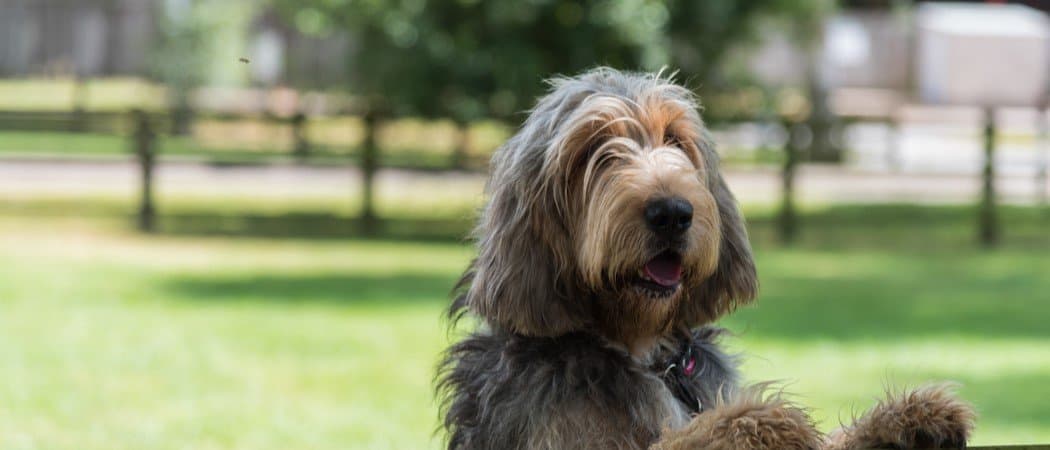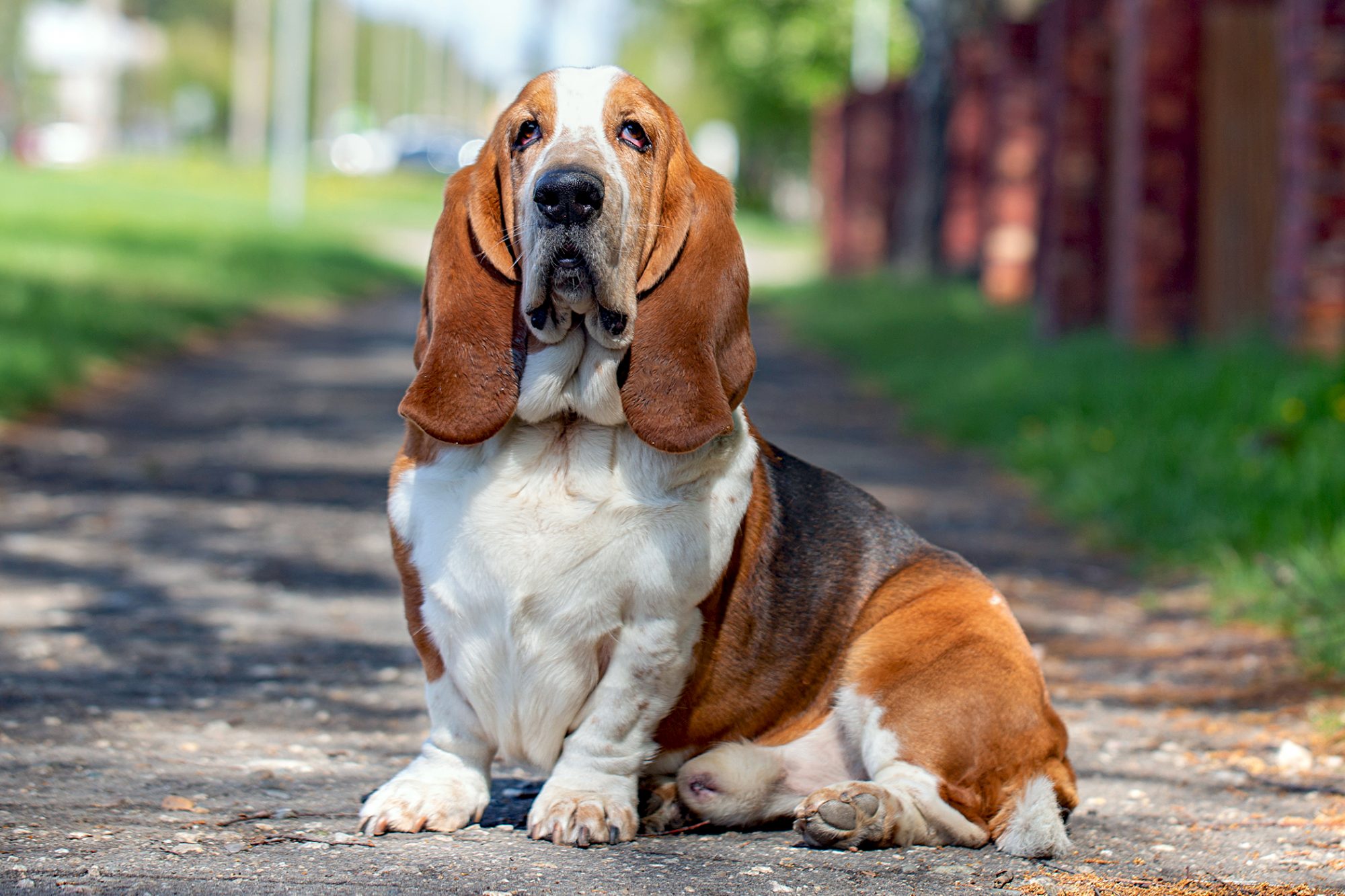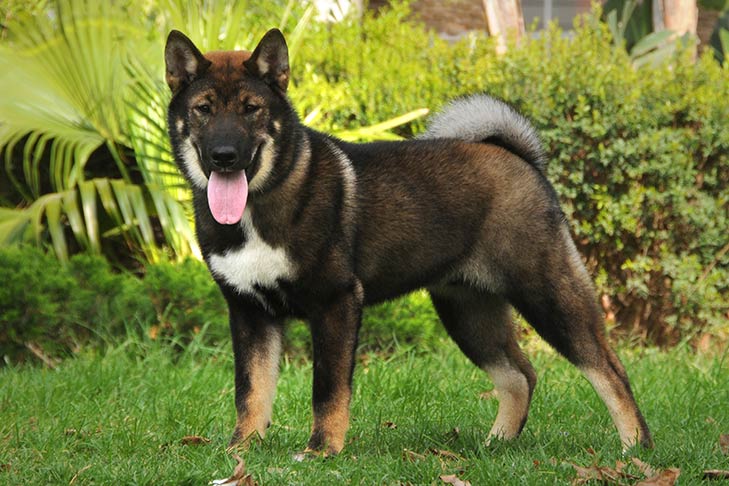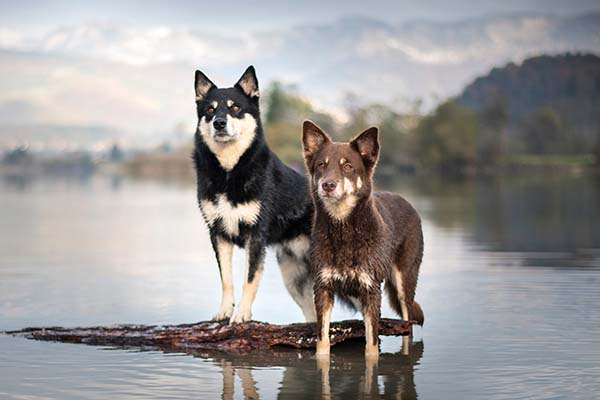Introduction
The Otterhound is a rare and unique breed of dog known for their shaggy appearance, powerful sense of smell, and love of water. Originally bred in England for otter hunting, these dogs are now primarily kept as pets and have become known for their friendly and loyal personalities. Otterhounds require regular exercise and mental stimulation to keep them happy and healthy, and their thick, waterproof coat requires regular grooming.
Otterhound Temperament
The Otterhound breed is known for its friendly and outgoing personality. They are sociable dogs that enjoy the company of their family and do well with children. Otterhounds are also independent and have a strong prey drive due to their history as hunting dogs, so they may need extra training and supervision around smaller animals. They have a distinctive howl and love to be vocal, making them a good watchdog. Overall, the Otterhound is a lovable and affectionate breed that makes a great companion for active families.
Aggression
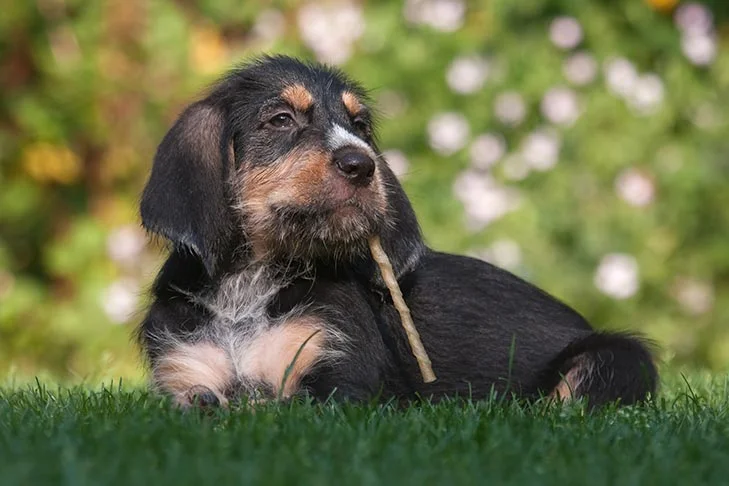
Aggressive behavior in Otterhounds is rare, but can occur in certain situations. This may include fear-based aggression towards unfamiliar people or dogs, protective aggression towards their owners or territory, or frustration-based aggression due to lack of exercise or stimulation. Proper socialization and training from an early age can help prevent aggressive behavior from developing, and it is important for owners to provide their Otterhound with regular exercise and mental stimulation to prevent frustration.
Health and Lifespan
The reported lifespan range of the Otterhound is typically between 10 to 13 years. However, like any breed, this can vary based on factors such as genetics, diet, exercise, and overall health. With proper care and attention to their needs, Otterhounds can live long and healthy lives, bringing joy to their families for many years. Regular exercise, a balanced diet, and routine veterinary care can all help to extend the lifespan of your Otterhound.
Food for Otterhound
Choosing the best food for your Otterhound is an important decision that can impact their overall health and well-being. It is recommended to select a high-quality dog food that is specifically formulated for large breed dogs, as these foods typically provide the appropriate balance of protein, fat, and nutrients for their unique needs. Look for a dog food that lists a meat source as the first ingredient and avoid those that contain fillers or artificial preservatives.
Training for Otterhound
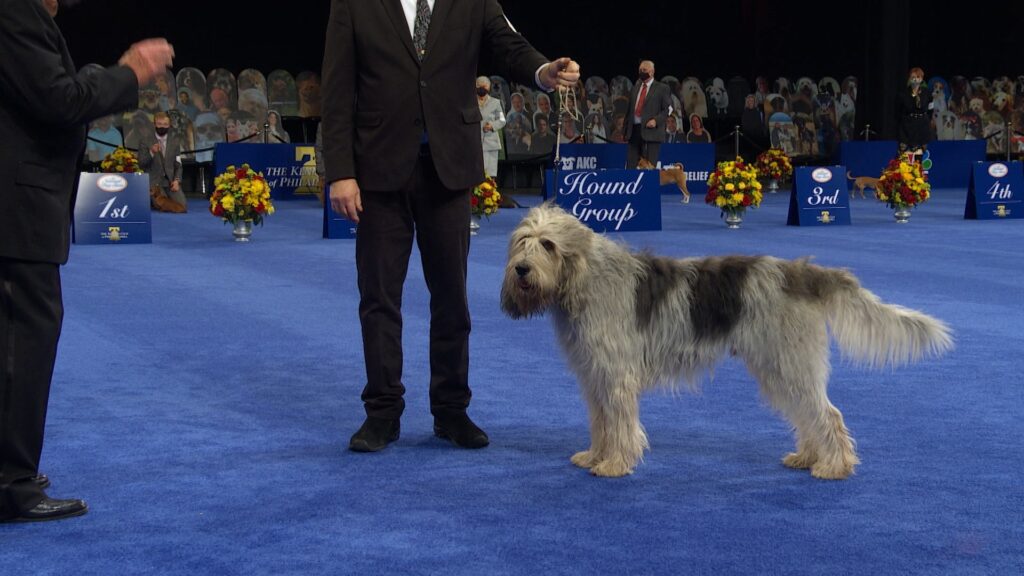
Training an Otterhound requires patience, consistency, and positive reinforcement. Start with basic obedience commands such as sit, stay, and come, using rewards like treats and praise to reinforce good behavior. Socialization is also important, exposing your dog to different people, places, and experiences to help them become well-adjusted and confident. Due to their hunting instincts, it’s important to keep them on a leash or in a securely fenced area when outdoors. Otterhounds can benefit from activities that channel their natural instincts, such as scent work or tracking.
Conclusion
In conclusion, the Otterhound is a rare and fascinating breed of dog known for their shaggy appearance, love of water, and friendly personalities. While they were originally bred for otter hunting, they make excellent family pets with proper care and attention. By providing regular exercise, mental stimulation, and a high-quality diet, you can help ensure that your Otterhound lives a happy and healthy life as a beloved member of your family. Whether you are looking for a unique and loyal companion or a working dog with a rich history, the Otterhound can be a great choice for the right owner.
